View all Standards for Texas Essential Knowledge and Skills for Theatre Arts
C.5.B recognize theatre as an art form and evaluate self as a creative being.
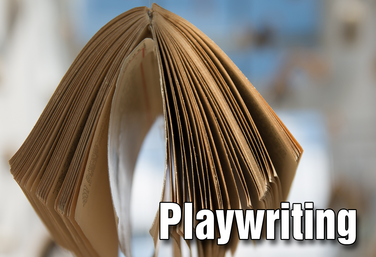
Part of the Drama One Curriculum
Playwriting
by Karen Loftus
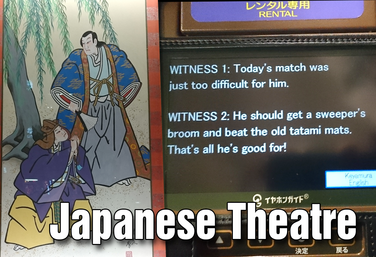
Part of the Drama One Curriculum
Japanese Theatre
by Karen Loftus

Part of the Drama Two Curriculum
Devising
by Corinna Rezzelle
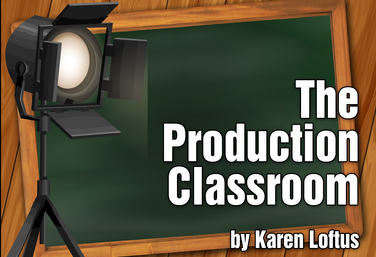
Part of the Production Classroom Units Curriculum
Production Classroom Units Overview
by Karen Loftus

Part of the Production Classroom Units Curriculum
Part One - Pre-Production
by Karen Loftus

Part of the Production Classroom Units Curriculum
Part Two - Rehearsal and Performance
by Karen Loftus

Part of the Production Classroom Units Curriculum
Part Two - Documents
by Karen Loftus

Part of the Production Classroom Units Curriculum
Part Three - Reflection and Assessment
by Karen Loftus
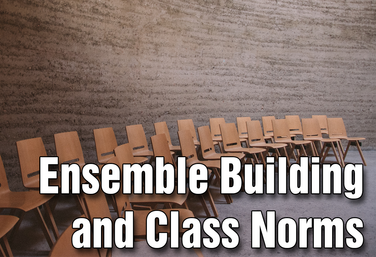
Part of the Middle School Curriculum
Unit One: Ensemble Building and Class Norms
by Lindsay Johnson

Part of the Stagecraft Without a Theatre Curriculum
Introduction to Theatre Production
by Karen Loftus

Decolonizing Monologues
by Nicholas Pappas
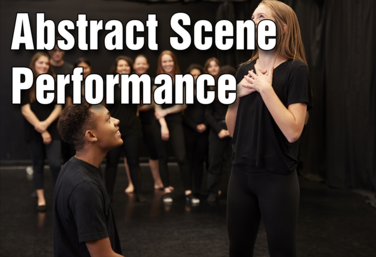
Abstract Scene Performance
by Annie Dragoo

The Production Classroom
by Karen Loftus

Tech Knowledge: Integrating Tech Throughout Your Rehearsal Process
by Claire Broome
View all Standards for Texas Essential Knowledge and Skills for Theatre Arts Standards Master List